Pakistan, World Bank discuss energy collaboration
Lender seeks to align projects with ten-year strategic framework
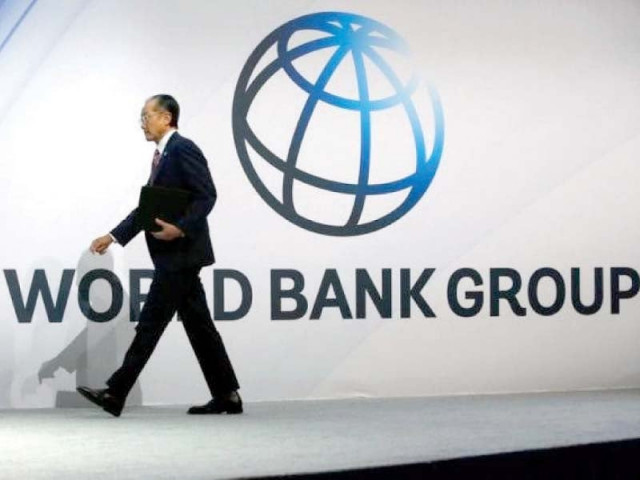
A high-level World Bank delegation led by Regional Director for South Asia Pankaj Gupta on Thursday held separate meetings with Federal Minister for Petroleum Ali Pervaiz Malik and Minister for Power Division Sardar Awais Ahmed Khan Leghari.
The two sides discussed strategic partnerships and technical support to advance energy sector in the country.
The meeting focused on accelerating sustainable energy development, enhancing infrastructure, and addressing key challenges in the oil and gas sectors.
The petroleum minister reiterated the government's commitment to modernising Pakistan's energy landscape through integrated energy planning, improved efficiency, and clean energy initiatives. He emphasized the importance of international collaboration and investment in meeting the country's long-term energy security and sustainability objectives.
Gupta reaffirmed the World Bank's continued support for Pakistan's energy reforms and expressed optimism about expanding cooperation. He acknowledged the progress made by the government and discussed potential technical assistance programs to further strengthen institutional capacity and infrastructure.
Awais Ahmed Khan Leghari
The discussion focused on ongoing reforms in Pakistan's energy sector, privatisation efforts and opportunities for long-term collaboration, said a press release issued the Power Division.
Welcoming the delegation, the power minister said that we are currently at a critical stage in the privatisation of distribution companies. "Our aim is to meet the energy needs of future generations in a cost-effective and sustainable manner," he said.
Gupta emphasized that energy remains one of the World Bank's top priorities and noted Pakistan's remarkable potential for renewable hydropower, particularly through the Indus River system.
He added that the World Bank seeks to develop a comprehensive, long-term plan with Pakistan's power sector, enabling alignment with the Bank's ten-year strategic framework for the country.
Gupta stressed the importance of utilizing models like the Integrated Generation Capacity Expansion Plan (IGCEP) and Integrated Energy Planning (IEP) to accurately forecast demand and resource availability.
He said that selecting the right projects, locating them appropriately, and maintaining affordability are essential elements. "We support involving NTDC in the planning process and believe the transmission system should remain in the public sector until it is fully prepared for privatization," he said.

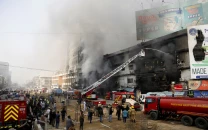
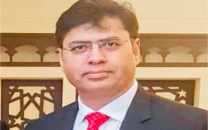



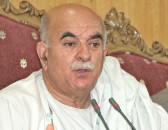



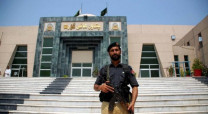


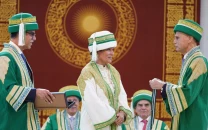
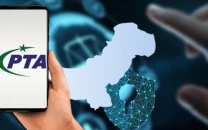


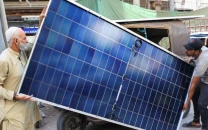







COMMENTS
Comments are moderated and generally will be posted if they are on-topic and not abusive.
For more information, please see our Comments FAQ